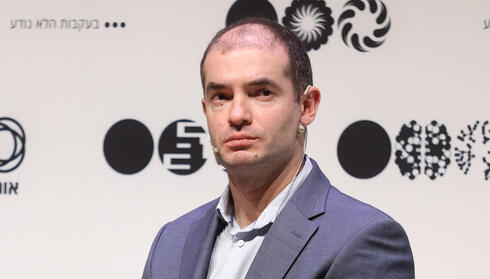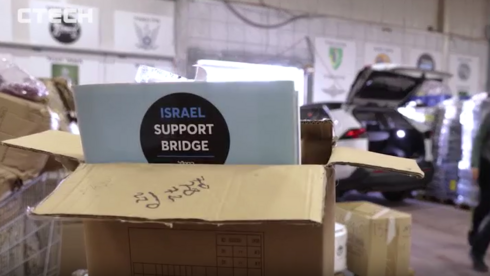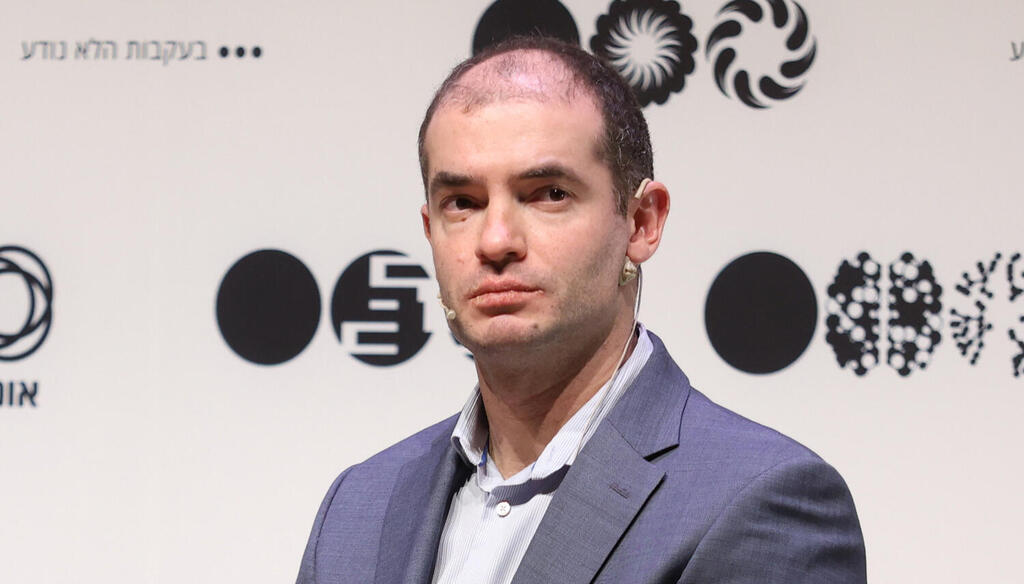
Safe Superintelligence is valued at $32B and doesn’t want you to know it exists
With $2B in fresh funding, the stealth AI startup has no logo, no product, and almost no trace on LinkedIn.
You know that moment when a magician pulls a rabbit out of an empty hat — and then, just as you're processing that trick, they somehow levitate the rabbit, vanish into thin air, and still expect applause?
That’s Safe Superintelligence (SSI) right now.
A company with no product, no public roadmap, no logo, and a one-page all-text website — and somehow a $32 billion valuation. And the real twist? Investors can’t seem to throw their money at it fast enough.
On paper, SSI is the most anti-startup startup in the world. Employees don’t list the company on LinkedIn. There’s no signage at the Tel Aviv office. Many staff work from home. If you walked past their new space in Midtown, you’d probably have no idea you were standing next to one of the most hyped AI labs on the planet.
And yet here we are.
Greenoaks dropped $500 million. Andreessen Horowitz, Lightspeed, DST Global, Alphabet, and Nvidia all piled in. Google Cloud is providing the Tensor Processing Units (TPUs) — not the usual Nvidia GPUs — which, in itself, is a big tell. Google doesn't just hand out that kind of access unless it sees something seismic coming.
You could make the case that this entire operation is a $2 billion wager on one man: Ilya Sutskever. He’s the co-founder of OpenAI, helped birth GPT-2 and GPT-3, and was one of the few people on Earth who could say they were in the room where it happened when generative AI went mainstream. And then he left — or rather, launched a failed coup against Sam Altman, vanished for a few months, and returned with a new lab whose very name is a shot across the bow: “Safe Superintelligence.”
It’s subtle, but it’s there. The name isn't just aspirational — it’s a critique. SSI’s entire thesis seems to be that OpenAI, Anthropic, Elon Musk's xAI — all the usual suspects — are too fast, too loose, or too distracted to prioritize safety in a serious way.
But what makes SSI truly fascinating is how confidently it’s ignoring the script. Most AI companies follow the same act: raise money, ship a product, talk about your roadmap, drop a demo, chase enterprise customers. SSI skipped all of that. It’s as if they’re saying, “You’ll see when we’re ready.” And apparently, investors are fine with that.
In Tel Aviv, the quiet expansion is happening in parallel. Dr. Yair Carmon from Tel Aviv University has joined the engineering team. The company is reportedly planning to hire dozens more — but don’t expect a splashy recruitment campaign or a careers page. This is not that kind of place. They are hiring like a black-ops unit: quietly, precisely, with maximum confidentiality.
So what do you call a startup that has no product, no users, and no PR — but does have a war chest, world-class founders, and privileged access to Google’s AI stack?
You call it a threat. A very serious one.
Every dollar raised by SSI is a signal: to OpenAI, to Anthropic, to xAI. The quiet part is no longer so quiet. The guys who helped build the modern AI landscape are back, and they’re not just trying to catch up. They think they can build something better, safer — and maybe smarter.
Of course, it could still implode. Visionary founders flame out all the time. Foundational model companies burn billions just to cross the starting line. For every OpenAI, there are a dozen AI moonshots stuck in stealth, pivoting their way into irrelevance.
But SSI doesn’t feel like a moonshot. It feels more like a chess move — several turns ahead, executed without announcement.
No pitch decks, no press tours, no code snippets — just a $32 billion ghost in the machine.
And maybe, just maybe, that’s the whole point.















